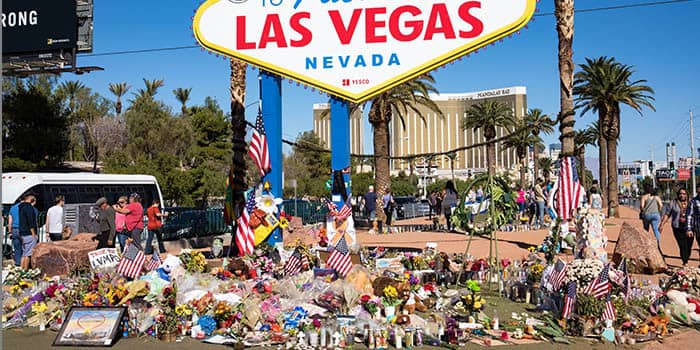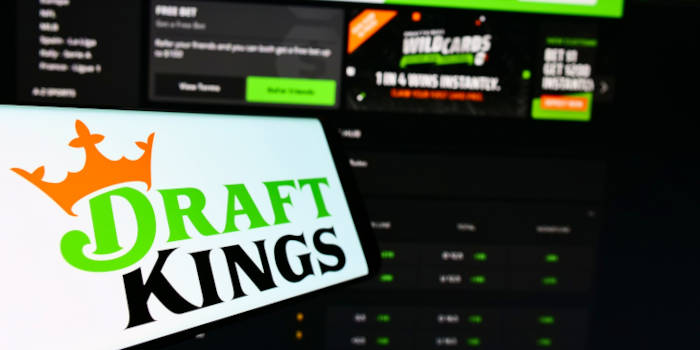Fitch: Las Vegas Faces a Prolonged Way to Recovery

Fitch Ratings published a gambling industry research Wednesday, claiming regional casinos are bouncing back and gradually heading towards pre-closure levels. The rating agency noted, though, that for Las Vegas the road to recovery would be slow, projecting 2024 as the year the gambling Mecca would reach its 2019 revenue levels.
Reliance on Convention, Tourism and Airline Traffic
Fitch believes Las Vegas will be the global gaming and hospitality destination that would have the slowest recovery, due to its reliance on inbound visitation. Despite that gaming declines were not that severe, about two-thirds of Las Vegas Strip’s revenue is generated through non-gaming activities and require convention and tourism to rebound.
The rating agency sees the recent easing of group restrictions as a positive step in the direction for recovery, but does not see convention business picking up or airline traffic increasing until a permanent solution to the health issue is available. Presently, air capacity is limited to around 60% of pre-pandemic levels, but airlines represent the most viable means of access to Las Vegas.
Strip Business Unlikely to Recover Through 2022
The rating agency’s analysts project Strip’s overall gaming revenues to be down 60% in 2020, 50% in 2021, and 20% in 2022, compared to the levels recorded in 2019. Unlike casinos on the Strip, regional gaming establishments have rebounded since their re-opening began in May, Fitch noted. For August, regional gaming revenues were down 16% year-on-year, excluding New York, and the agency is assuming the decline would be around 10% during 2021, compared to levels in 2019.
Margin for operators expanded after the re-openings as they spent less on promotion and other amenity expenses, but Fitch expects margin levels to move towards normalization along with the overall progress of recovery within the industry. Worryingly for land-based gaming venues, online gaming revenues in New Jersey and Pennsylvania continue to sustain elevated levels even after the re-openings of casinos, suggesting a permanent migration from land-based gambling to iGaming has taken place.
Liquidity Is not an Issue
Fitch states that the gaming sector operators are sitting on enough cash to successfully navigate their ways out of the current situation, pointing to their actions in issuing debt during the first half of the year. Gaming companies elected to switch from defensive revolving credit facilities by terming these out through unsecured notes, while pushing maturities to 2022 and even beyond.
Fitch Ratings noted the capacity to de-leverage would be stronger for regional operators and suppliers, as global ones would be more reliant on their destination markets and would face a slower path to becoming free cash positive due to prolonged weaknesses there.
The leverage metrics applied by the rating agency regarding 2022/2023 showed that most issuers of unsecured debt notes have some rating cushion on the downside.
With 4 years experience as an analyst, Julie—or ‘Jewels’, as we aptly refer to her in the office—is nothing short of a marvel-worthy in her attention to the forex and cryptocurrency space as she quickly became the first pick to co-pilot education to the masses with Mike.














